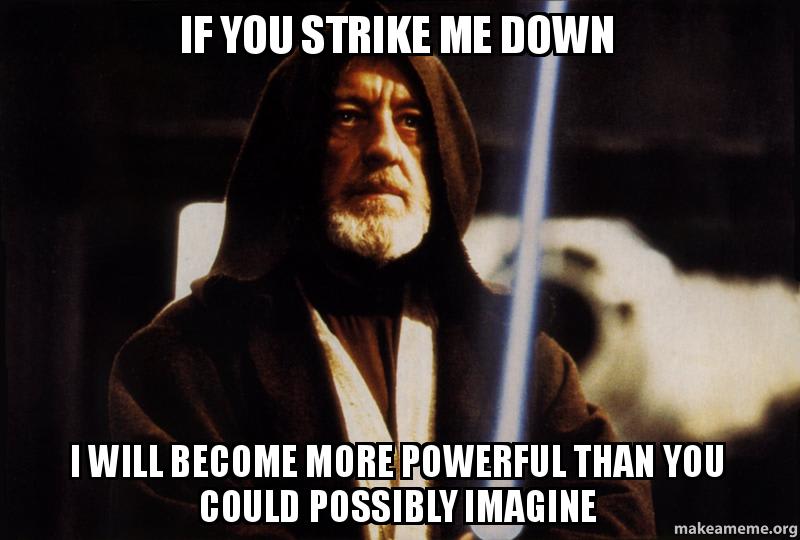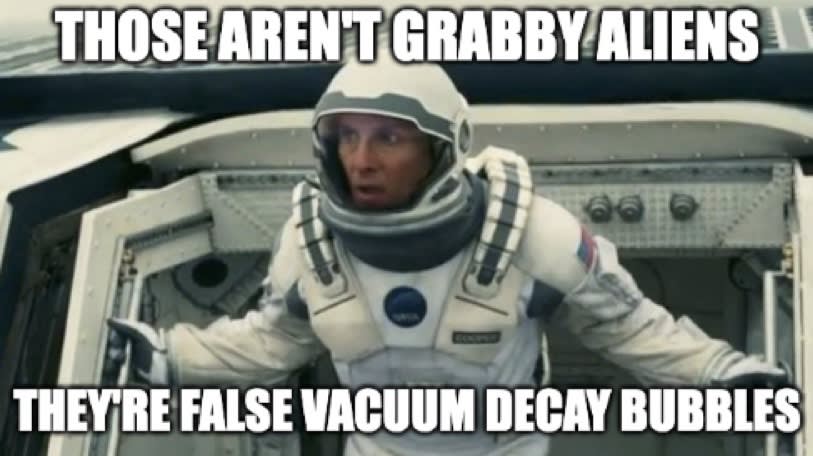Summary:
- If you apply and are rejected, then I (and presumably other hiring managers) will often either not remember you — or actually be enthusiastic about you (e.g if you made it to later hiring rounds) if anyone asks in the future.
- People who have been rejected from the CEA Online team have gotten concrete job opportunities that they would not have gotten if they had never applied
- If you're rejected, I can also give you advice and connect you to other opportunities.
- Rejection is hard, but fear of it shouldn't stop you from applying.
Note: I wrote this year ago and temporal references like “the most recent” should be interpreted relative to that. Importantly: I no longer am on the Online team, although I think this post is still roughly accurate for them.

I sometimes talk to people who are nervous about applying to EA organizations because they think a rejection could damage their chances at not just the organization they apply to but all EA organizations.
This fear is not completely ungrounded – EA is a small community, and hiring managers do occasionally talk to each other about candidates. As with most worries with how others think of you though, "You probably wouldn’t worry about what people think of you if you could know how seldom they do":[1] 100+ people apply to CEA per month, and my memory is pretty bad. The people grading applications will probably not remember people whose applications they reject, especially if that happens early on, and if it happens later, that likely means that they saw something promising. (There are also other costs to applying, like your time and energy.)
I wanted to point out though that being rejected as a candidate, particularly if you make it to the final round of a hiring process, can actually be substantially positive.
Here are some things that happened to rejected candidates in some of the hiring rounds I ran:
- Hired by CEA as a contractor for a position similar to what they applied to (the position we were hiring for ended up needing slightly more than 1 FTE of work, so we hired them to do some of the overfill)
- Received a grant to quit their job and work independently on something similar to what they applied to after I encouraged them to do so and recommended the grant
- Repeatedly consulted CEA on their area of expertise as a volunteer (though we offered to pay them, they just declined payment)
- Received a grant from LTFF to skill up after I endorsed them, based on what I learned during their hiring process
I also try to give useful feedback to candidates who are rejected.[2] Here is an email I recently received from a rejected applicant, which Carly (the applicant) kindly agreed to share publicly:
Hi Ben,
Hope you are well! I was in the Project Coordinator search at CEA a few months ago and wanted to drop you a quick note of gratitude.
I want to thank you for your part in helping to transition my career into EA. I was very hopeful about getting the role at CEA and can easily imagine a scenario where a typical rejection letter - short, generic, or dismissive - may have dampened my enthusiasm and at worst lowered my spirits enough to not go to EAGx Boston the following day. Your rejection letter, however, was so insightful and encouraging that it had the opposite effect. You motivated me to keep learning and networking and to go to the conference which started the chain of events that led me to a position that I'm very excited to start at Alvea in a few weeks.
All of this is just to say thanks and no need for a reply! I know those letters take time and are not expected or necessary for unsuccessful candidates but they make an impact!
-Carly Tryens
People in the EA network tend to be both inexperienced and self-motivated, and the combination of those traits means that it's unusually likely for me to sincerely suggest that they spend a year working in an adjacent field or skilling up and then apply again. I won't pretend that this suggestion is always easy to hear – being rejected from a job is never fun – but you should not view applying here as your one and only chance to work at an EA organization.
I don't want to be uniformly positive; here are some scenarios in which I would be hesitant to apply:
- If I expected that the hiring manager would particularly remember me (e.g. I already knew them personally) and I expected to do poorly in the hiring process
… I actually think that's it? I'm probably not thinking of some scenarios,[3] I'd be interested to hear ideas from others in the comments, but I'm struggling to think of another scenario.
Thanks Lizka for edits to a draft of this post.
- ^
Quote attributed to a variety of people; perhaps the earliest is Olin Miller
- ^
The amount of feedback I provide is dependent on how far they get in the process: people rejected at the first stages just receive categorical information (e.g. "not enough relevant experience"), those who do a work trial receive 1-2 paragraphs of feedback on their work trial, and those who make it to the final stage receive ~1 page of thoughts.
I don’t want to promise that you’ll always get detailed feedback if you apply for a job at CEA. Not all hiring rounds at CEA are like this; sometimes hiring managers don’t have the capacity to do this, there are a lot of applicants, or something else is going on. But we often try to do it if we can.
- ^
I guess there are also scenarios like "I wouldn't accept the job even if offered" but those seem too obvious to be worth mentioning


Thank you for your dedication to the community. I think this post is really important, shows respect to the candidates and what you do has an overall positive impact on the community. I understand that this level of interaction is not possible for every application (e.g. 80k advice), but I am all the more happy to see it in other areas of EA.